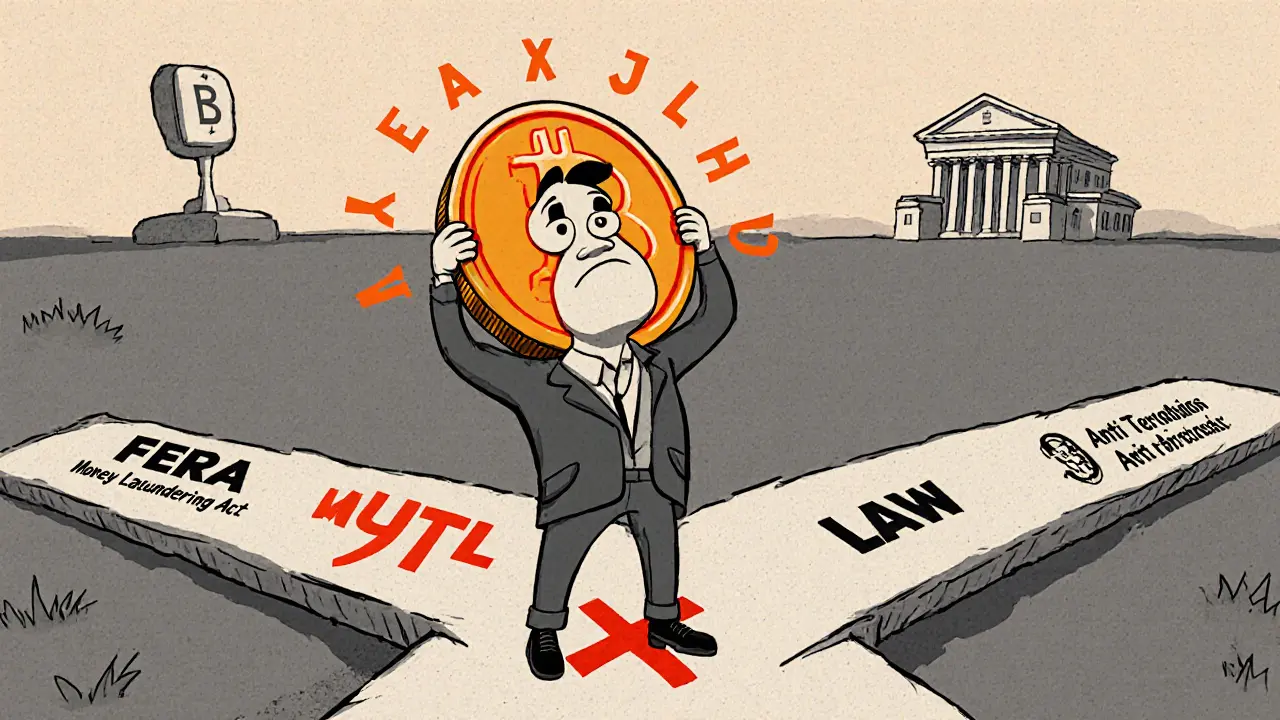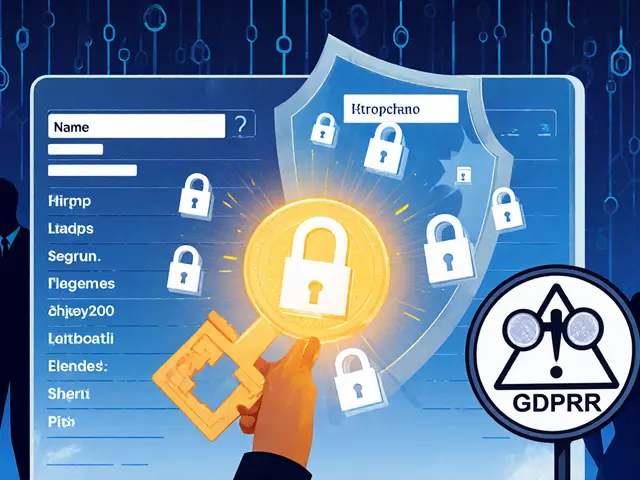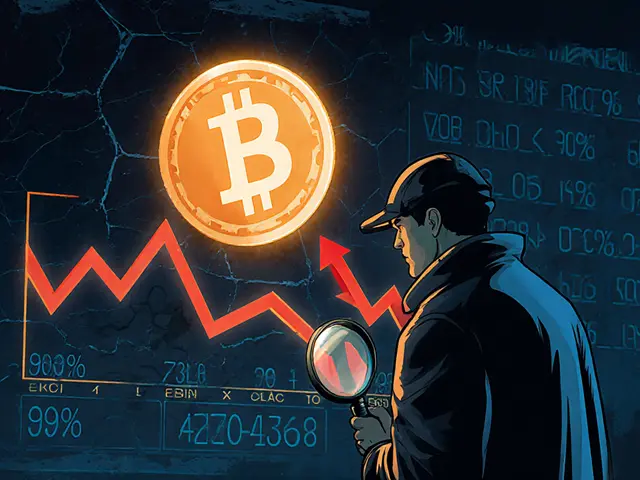Cryptocurrency Imprisonment: Legal Risks, Global Bans, and Who Gets Locked Up
When you think of cryptocurrency imprisonment, the real-world legal consequences of violating crypto laws, including fines, asset seizures, and jail time. Also known as crypto jail, it’s not a Hollywood plot—it’s a daily reality in countries with strict digital asset controls. This isn’t about hackers or scams. It’s about ordinary people who bought Bitcoin, traded on an unlicensed exchange, or mined crypto in a place where it’s banned—and now face prison.
Take Tunisia, a country where trading or mining cryptocurrency can lead to up to five years in prison and massive fines. Or Vietnam, where new rules under Directive 05/CT-TTg force exchanges to operate only in local currency and ban stablecoins, leaving millions at risk of prosecution. In Russia, using banned platforms like Garantex or Exved isn’t just risky—it’s a criminal offense. Even in India, where crypto itself isn’t illegal, using unregistered exchanges can trigger investigations, account freezes, and criminal charges under anti-money laundering laws.
What ties these cases together? It’s not the tech. It’s the lack of legal clarity. Governments don’t ban crypto because it’s dangerous—they ban it because they can’t control it. And when users ignore warnings, skip KYC, or use offshore platforms, they become targets. The result? Real people, not just scammers, ending up in courtrooms or behind bars.
Some of the posts in this collection show you exactly how this plays out: how Indonesians trade legally under OJK rules, how Indians avoid banned exchanges, and how Tunisians risk jail for a simple wallet transfer. You’ll see why platforms like EasiCoin and Squirrex aren’t just shady—they’re legal traps. You’ll learn how Vietnam’s capital requirements force small traders out of the market—and how that pushes them toward illegal channels.
This isn’t about fear. It’s about awareness. If you’re trading crypto, you’re not just betting on price. You’re betting on the law. And in too many places, the law is stacked against you. The next time you open an app or send a transaction, ask yourself: is this legal where I live? Because one wrong move could cost you more than your coins—it could cost you your freedom.






